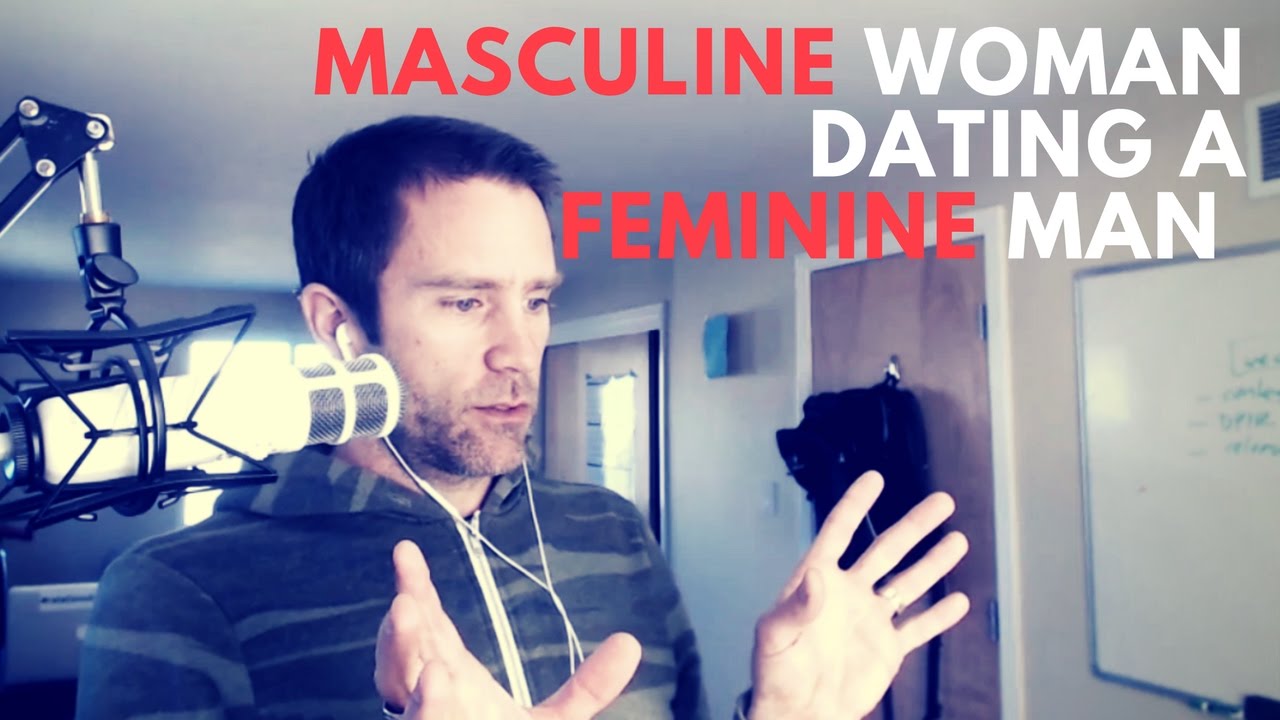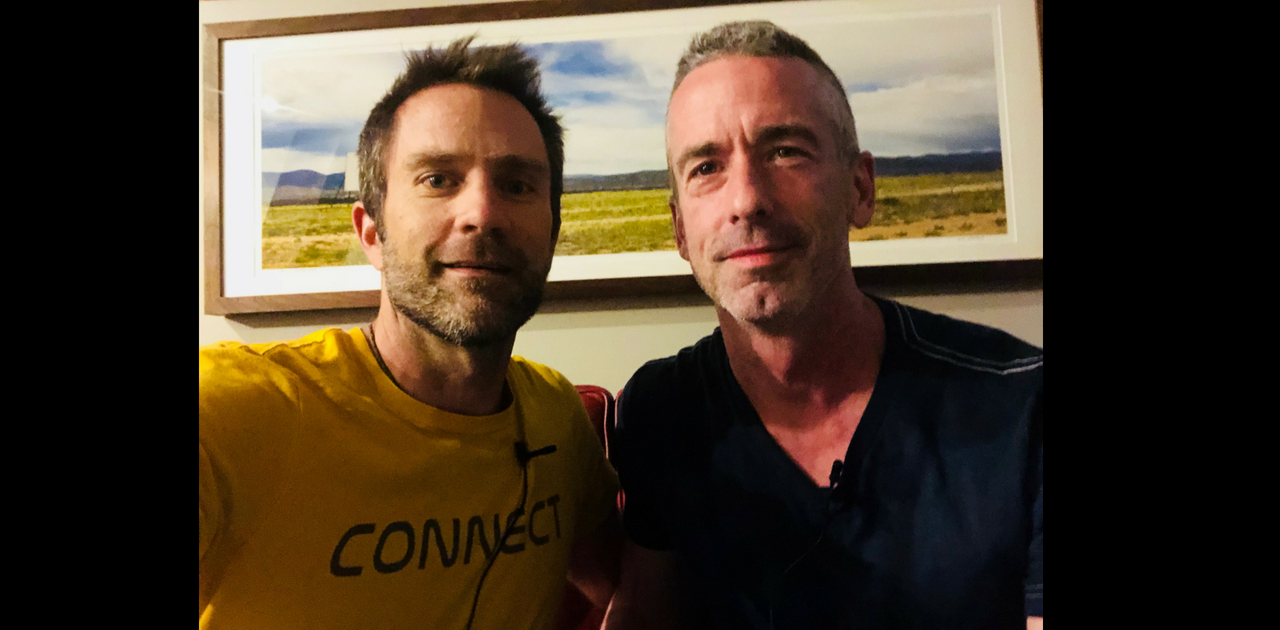Shame In Your Relationship – SC 113
Shame is a lot more common in a relationship than you think. That’s why it’s essential to learn about it’s value and power if you respect it and learn from it.
QUESTIONS:
- I was listening to Episode 12 with Dr Keith Witt and was really intrigued about the role that shame plays in conflict and in relationship. Specifically in parenting as well as in long term partnership. I would love to hear more of your thoughts on that.
- Boyfriend and I are on a break at this moment. The anger I have from my ex is so bad… shame and blame a lot, how can I handle this situation for the future?
- Boyfriend has some serious issues with his family and whenever an issue arises he disconnects and becomes distant. I try to be patient and understanding but it does become hurtful. How do I handle this the best way?
- What do I do when my husband gives his friend’s wife more attention than he does me?
- I recently lost my 20 year relationship with my best friend as I called her out & shamed her in a loving way regarding the things she said about a new love. Her response to this was “I threw things back in her face.” She then ghosted me for 6 months until I confronted her. Turns out she can’t see, call or text me anymore. Would you say this is her out of integrity with herself and therefore blocked me and wants nothing to do with me?
- My fiancé and I are in the midst of a 3-day fight. Should we keep working through it or take a break?
SHOWNOTES
- The difference between guilt and shame [5:00]
- Seeing shame as your ally [6:00]
- When it’s ok to shame, and when it’s not [8:00]
- Understanding how our emotions are giving us feedback [13:00]
HELPFUL LINKS

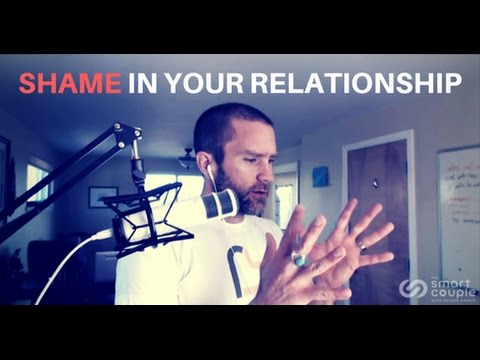


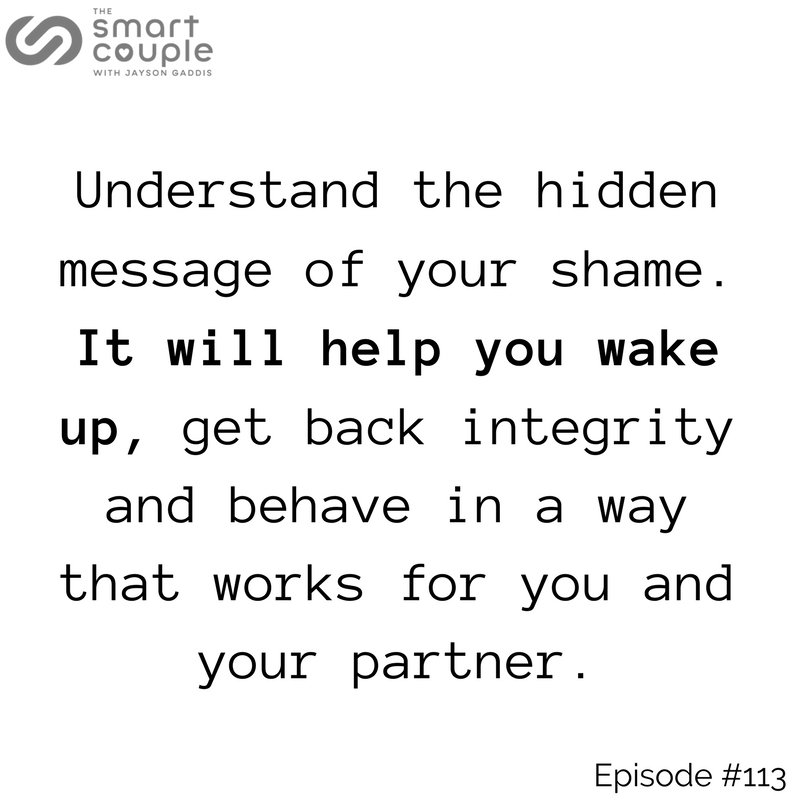
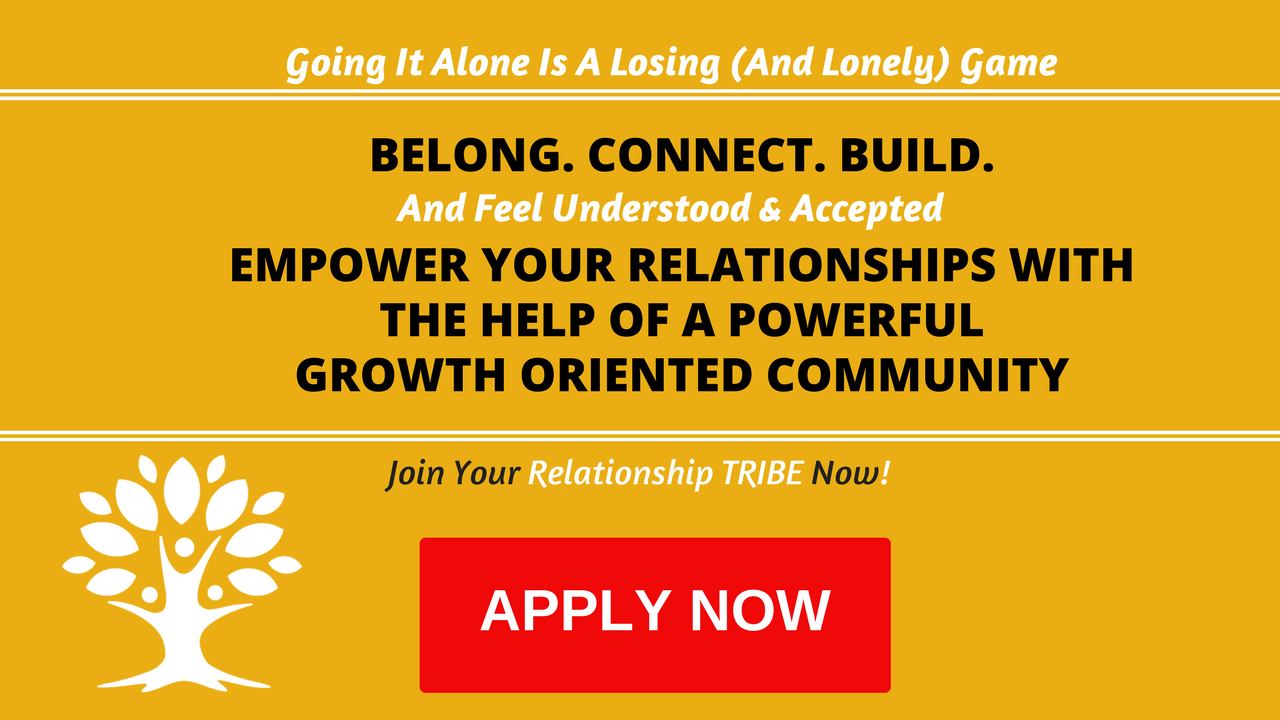
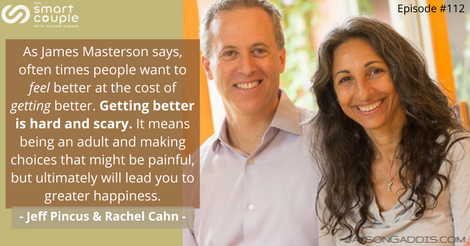
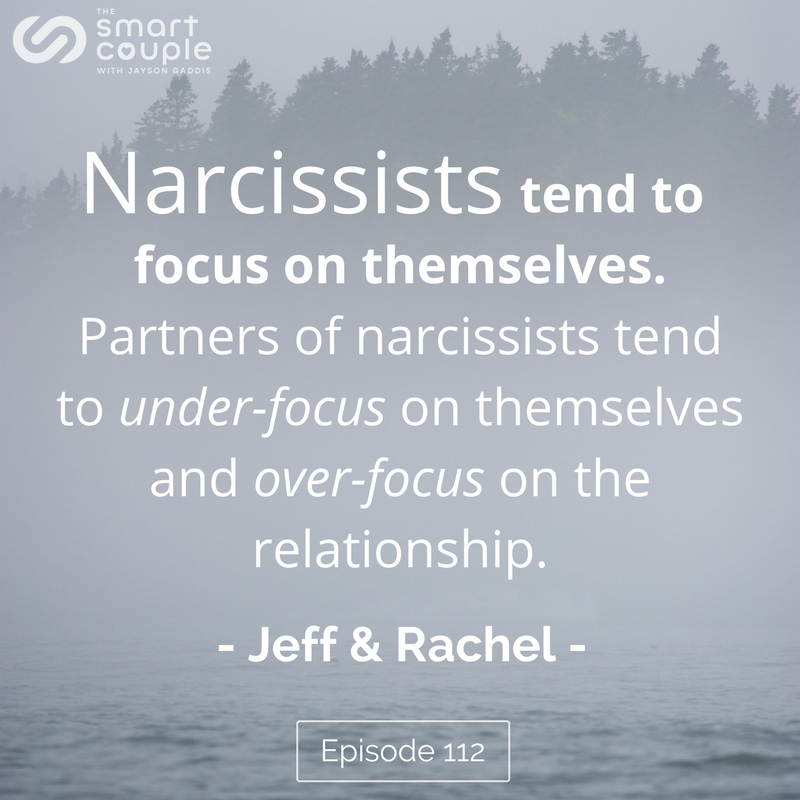

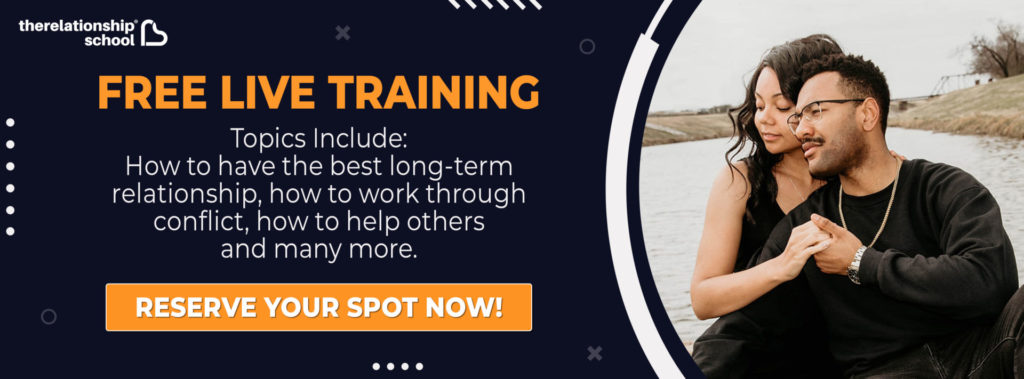
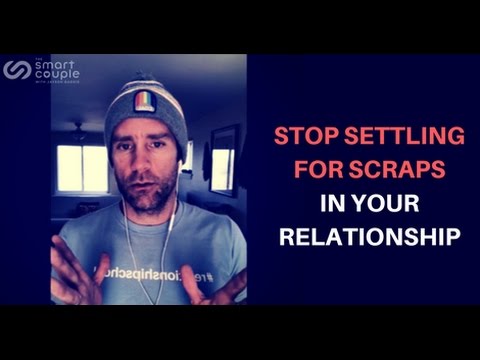
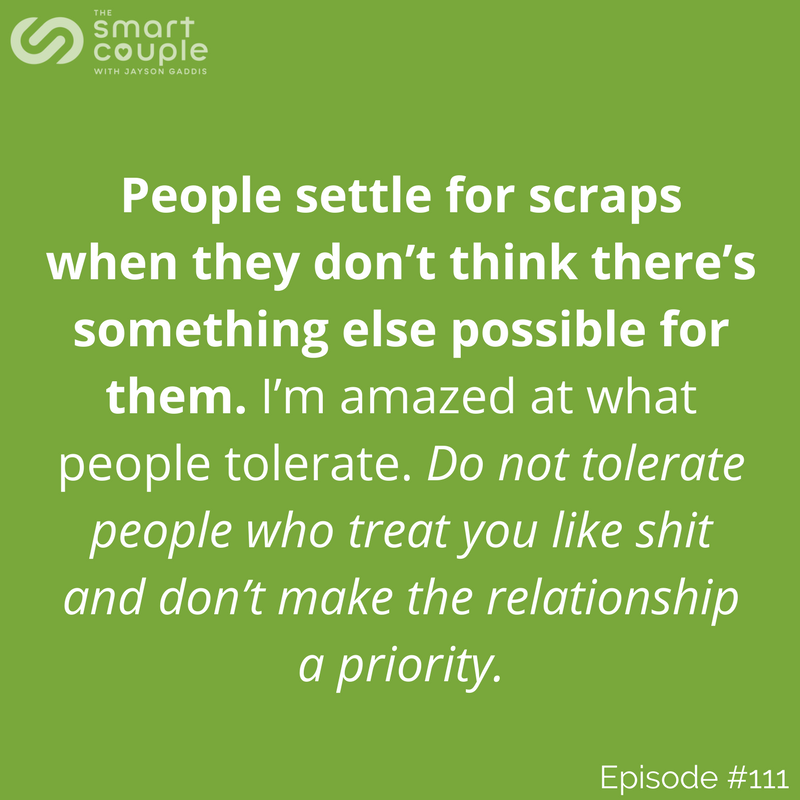
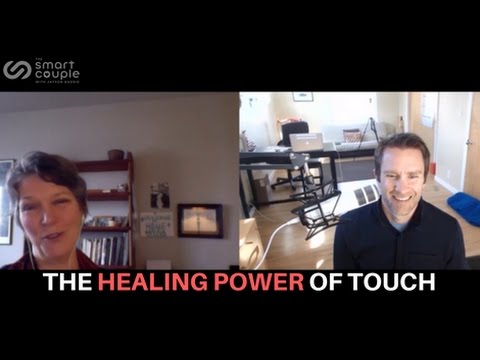

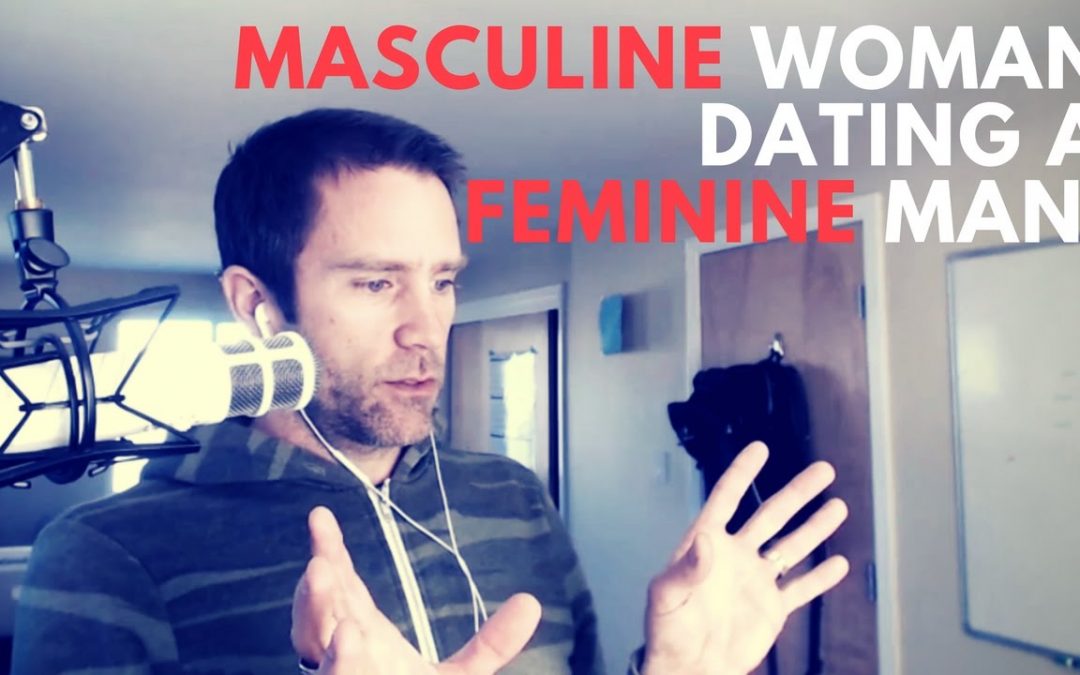
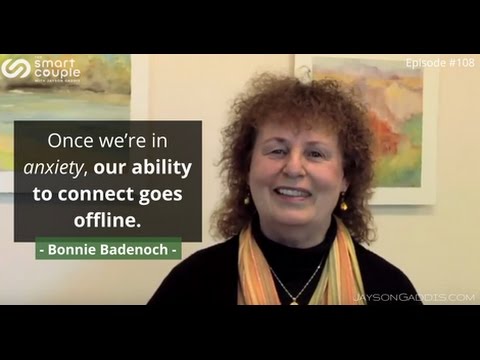
 Bonnie Badenoch, PhD, LMFT is an in-the-trenches therapist, mentor, teacher, and author who has spent the last thirteen years integrating the discoveries of relational neuroscience into the art of therapy. In 2008, she co-founded the nonprofit agency,
Bonnie Badenoch, PhD, LMFT is an in-the-trenches therapist, mentor, teacher, and author who has spent the last thirteen years integrating the discoveries of relational neuroscience into the art of therapy. In 2008, she co-founded the nonprofit agency, 







